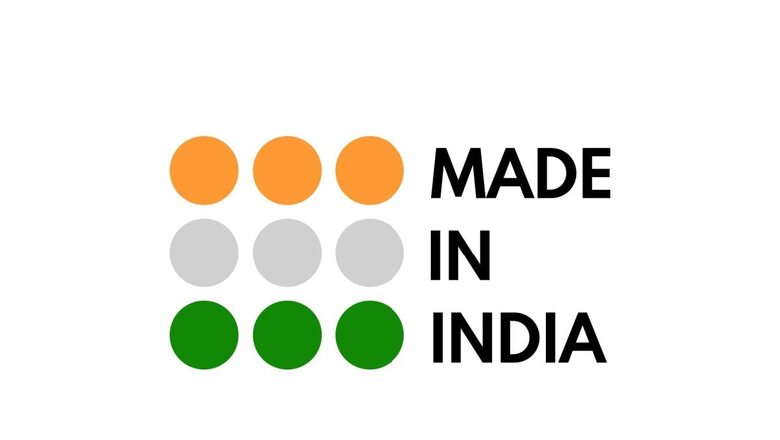
views
In recent years, the ‘Made In India’ philosophy has gained significant traction, not just as a geographical identifier but as a powerful commitment to craftsmanship, authenticity, and sustainability. This paradigm shift in brand philosophy is being championed by both local and international brands, reflecting a profound transformation in the way products are conceptualized, manufactured, and consumed. Here, we get some industry leaders to share insights on how they have embraced this ethos and the broader implications it holds for both local and global markets.
Crafting Excellence and Community Connection
For Bagzone Lifestyles, the ‘Made In India’ philosophy is more than a label; it’s a celebration of India’s rich talent and diverse heritage. Ayush Tainwala, CEO, emphasizes their commitment to local communities by collaborating with skilled artisans. “The adoption of this philosophy by international brands is seen as a strategic move to enhance global recognition, strengthen supply chain flexibility, and mitigate risks associated with geopolitical uncertainties. Incorporating Indian manufacturing into their global supply chains provides these brands with strategic advantages, navigating diverse consumer landscapes and ensuring compliance with local regulations,” adds Tainwala.
A Promise of Quality, Innovation, and Sustainability
Tarun Sharma, Co-founder & CEO, mCaffeine, underscores the transformative power of embracing the ‘Made In India’ philosophy. Beyond the geographical origin of a product, it signifies a commitment to craftsmanship, innovation, and sustainability. “In the era of conscious consumers, authenticity is paramount. For mCaffeine, ‘Made In India’ is not just a label; it’s a promise of quality inspired by India’s rich traditions. On a global scale, this approach becomes a strategic move for brands, connecting with customers who seek products that are real, eco-friendly, and socially responsible,” opines Sharma.
Local Sourcing and Authenticity
Aditi Handa, Co-founder & Head Chef, The Baker’s Dozen, sheds light on the diverse ways brands propagate the ‘Made In India’ messaging. Beyond local sourcing of raw materials, a significant movement involves replacing imported items with products made in India. Handa explains, “The Baker’s Dozen, from its inception, has embraced this ethos, crafting ‘French Sourdough and Patisserie Made in India.’ While global brands will continue to have a presence, the trend suggests they will increasingly recognize the significance of this philosophy, potentially establishing additional infrastructure within the country.”
In conclusion, the ‘Made In India’ philosophy is not just a label but a strategic choice that resonates with authenticity, quality, and social responsibility. As brands, both local and global, continue to embrace this ethos, the landscape of consumer choices is evolving towards products that carry not only the mark of their origin but a commitment to a larger narrative of sustainable and responsible production.

















Comments
0 comment